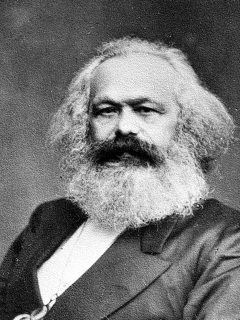
Publication details
Publisher: Palgrave Macmillan
Place: Basingstoke
Year: 1991
Pages: 139-157
Series: Communications and Culture
ISBN (Hardback): 9780333461044
Full citation:
, "Psychoanalysis and political literary theories", in: Psychoanalysis and cultural theory, Basingstoke, Palgrave Macmillan, 1991


Psychoanalysis and political literary theories
pp. 139-157
in: James Donald (ed), Psychoanalysis and cultural theory, Basingstoke, Palgrave Macmillan, 1991Abstract
Psychoanalysis, which could be described as a theory of unhappy relationships, has itself a long history of unhappy relationships. In the first place there is the story of the tense relationships within psychoanalysis between analysts, the psychoanalytic politics that has been charted by Paul Roazen, François Roustang, Sherry Turkle and others.1 In the second place, psychoanalysis has a history of relationships with other disciplines; but while it has always exercised a fascination for other forms of thought in the human sciences, liaisons have tended to be short and not always sweet. You could say that psychoanalysis, though now at the grand old age of 90-odd, still finds it hard to settle down. I want to look at three of those relationships in the sphere of cultural analysis — with literary criticism, with Marxism, and with feminism. For even if it has not yet settled down psychoanalysis has, in the last twenty years, undergone a sort of sea-change and entered into a new kind of relationship that has almost reversed its former identity: that is with politics.
Cited authors
Publication details
Publisher: Palgrave Macmillan
Place: Basingstoke
Year: 1991
Pages: 139-157
Series: Communications and Culture
ISBN (Hardback): 9780333461044
Full citation:
, "Psychoanalysis and political literary theories", in: Psychoanalysis and cultural theory, Basingstoke, Palgrave Macmillan, 1991


